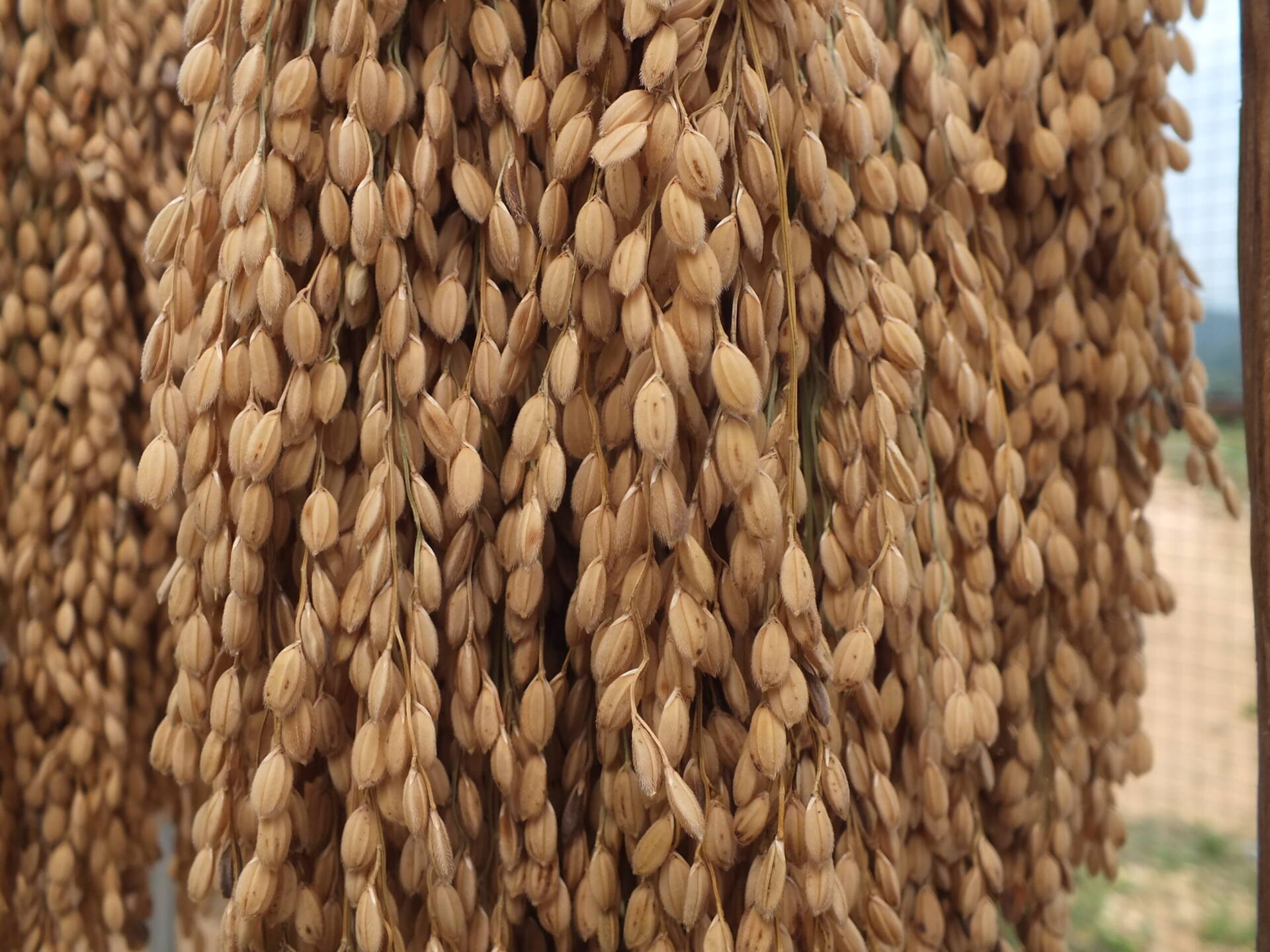
The Agro-Biodiversity Initiative (TABI) is continuing its programme to assist farmers in the provinces of Xieng Khuang and Huaphan to improve the quality of khao kainoi seeds, thereby ensuring food security in the communities and better returns for farmers. The project has now expanded to nine districts of the two provinces through khao kainoi rice seed production development networks.
A TABI official, Mr Vilaylack reported that presently 60 per cent of local farmers are planting khao kainoi rice to consume and trade. However, farmers have been using poor quality mixed rice seeds, resulting in low production. As a result, since 2014, TABI has cooperated with provincial authorities to select the best khao kainoi seeds to improve and strengthen production in communities. The project is aimed to help locals on food security and increase the crop’s value to boost farmers’ income. It has set up a rice breeding programme to develop new climate-resilient rice varieties that are expected to alleviate production losses. The initiative is also encouraging rice producers to learn new production techniques and enhance technical systems at various stages.
The project is part of the Ministry of Agriculture and Forestry’s agricultural development strategy from 2011-2020 to bolster national farm production. The sector strategy is a long-term framework focusing on the increased application of modernised lowland market-oriented agricultural production that is adapted to climate change as well as targeting smallholder farmers and the conservation of upland ecosystems to ensure food security and improve the livelihoods of rural communities.
Information source: Vientiane Times.


